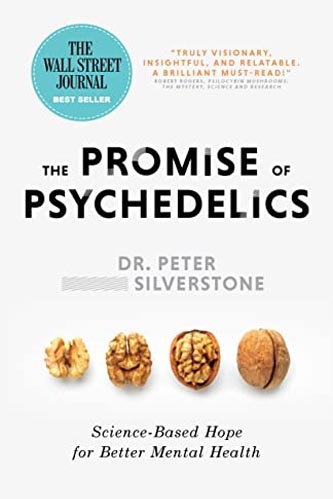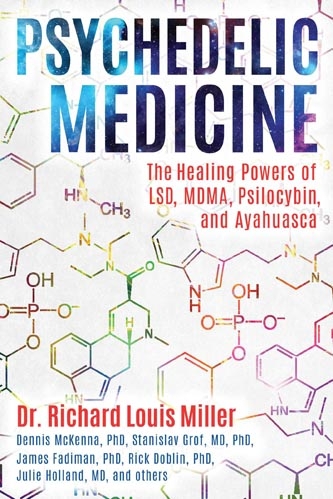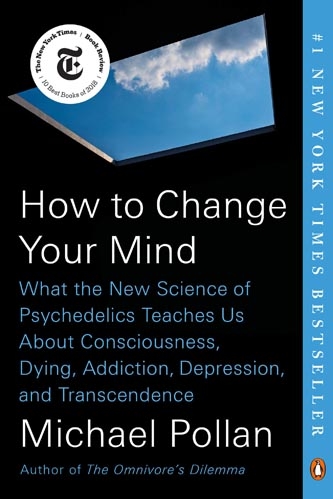3 mind-blowing books about psychedelics treatment that every doctor should read
Key Takeaways
The 1950s and 60s saw a psychedelic revolution in the US. From the discovery of LSD to that of its serotonergic cousin psilocybin, researchers and clinicians were quick to uncover the positive psychiatric effects of psychedelics—until a nationwide ban on all psychedelics put a stop to these efforts, according to JAMA Psychiatry.
Researchers have since resumed this work in what some have called a modern psychedelic renaissance. As evidence on the use of psychedelics in psychiatry emerges, here are three must-reads for doctors who want to familiarize themselves with the topic.
The Promise of Psychedelics, by Peter Silverstone, MD

If the relationship between psychedelics and psychiatry is new to you, this book may serve as an excellent introduction.
In The Promise of Psychedelics, Peter Silverstone, MD, researcher, and founder and CEO of Zylorian Health captures the complexity of this topic with the use of simple analogies.
Dr. Silverstone addresses the shortcomings of modern psychiatry in treating conditions like depression, PTSD, addiction, personality issues, and more, as well as the problems associated with determining these diagnoses. In this way, he positions psychedelics as a potentially effective, evidence-based treatment.
This book doesn’t shy away from the nuances of psychedelics in psychiatry, either. Instead, the author leans into them, delving into their uses, how they operate, and the risks they could pose to patients who take them.
Read The Promise of Psychedelics, by Peter Silverstone, MD
Psychedelic Medicine, by Richard Louis Miller, MA, PhD

From Richard Louis Miller, MA, PhD, and clinical psychologist for more than 50 years comes Psychedelic Medicine: The Healing Powers of LSD, MDMA, Psilocybin, and Ayahuasca, which covers the scientific, medicinal, and political intersections of psychedelics.
In it, Dr. Miller and several colleagues delve into the “tumultuous” history of psychedelics in the US. After establishing this groundwork, he outlines noteworthy double-blind, placebo-controlled studies conducted with the substances listed in the title.
In doing so, Psychedelic Medicine explains the biochemistry of consciousness—as well as the potential for psychedelics to help patients acquire self-knowledge and healing.
Read Psychedelic Medicine, by Richard Louis Miller, MA, PhD
How to Change Your Mind, by Michael Pollan

This must-read book has received high praise from periodicals including The New York Times and The Boston Globe, and was the basis for a 2022 Netflix series.
How to Change Your Mind: What the New Science of Psychedelics Teaches Us About Consciousness, Dying, Addiction, Depression, and Transcendence is the culmination of author Michael Pollan’s 2-year dive into psychedelics as both psychiatric and spiritual remedies.
In his book, Pollan provides information on the uses of LSD, psilocybin, Ayahuasca and 5-MeO-DMT in treatment for depression, anxiety, and addiction.
He also discusses the moral concerns that led to the banning of psychedelics in the US, and how contemporary neuroscientists are using these substances in combination with modern brain imaging technologies to better understand consciousness.
“Several of the scientists I profile are convinced psychedelics could revolutionize mental healthcare and our understanding of the mind,” Pollan wrote on his website.
On top of the scientific research he pointed to, Pollan wrote about the spiritual elements of participating in psychedelic ventures.
“What began as a third-person journalistic inquiry ended up a first-person quest to learn what these medicines had to teach me about not only the mind but also my mind, and specifically about the nature of spiritual experience,” he wrote. “This book has taken me places I’ve never been—indeed, places I didn’t know existed.”
Read How to Change Your Mind, by Michael Pollan